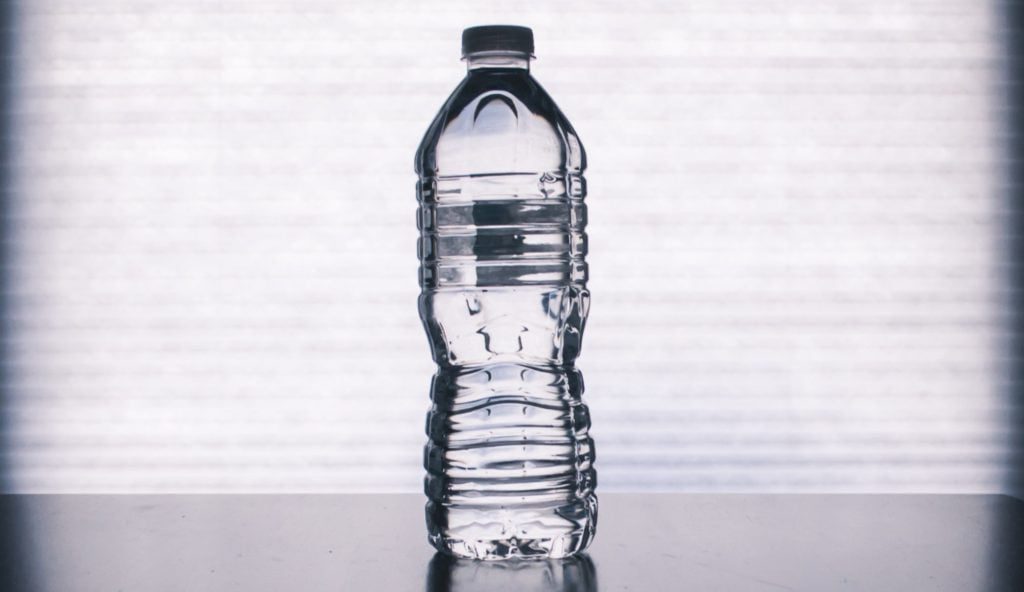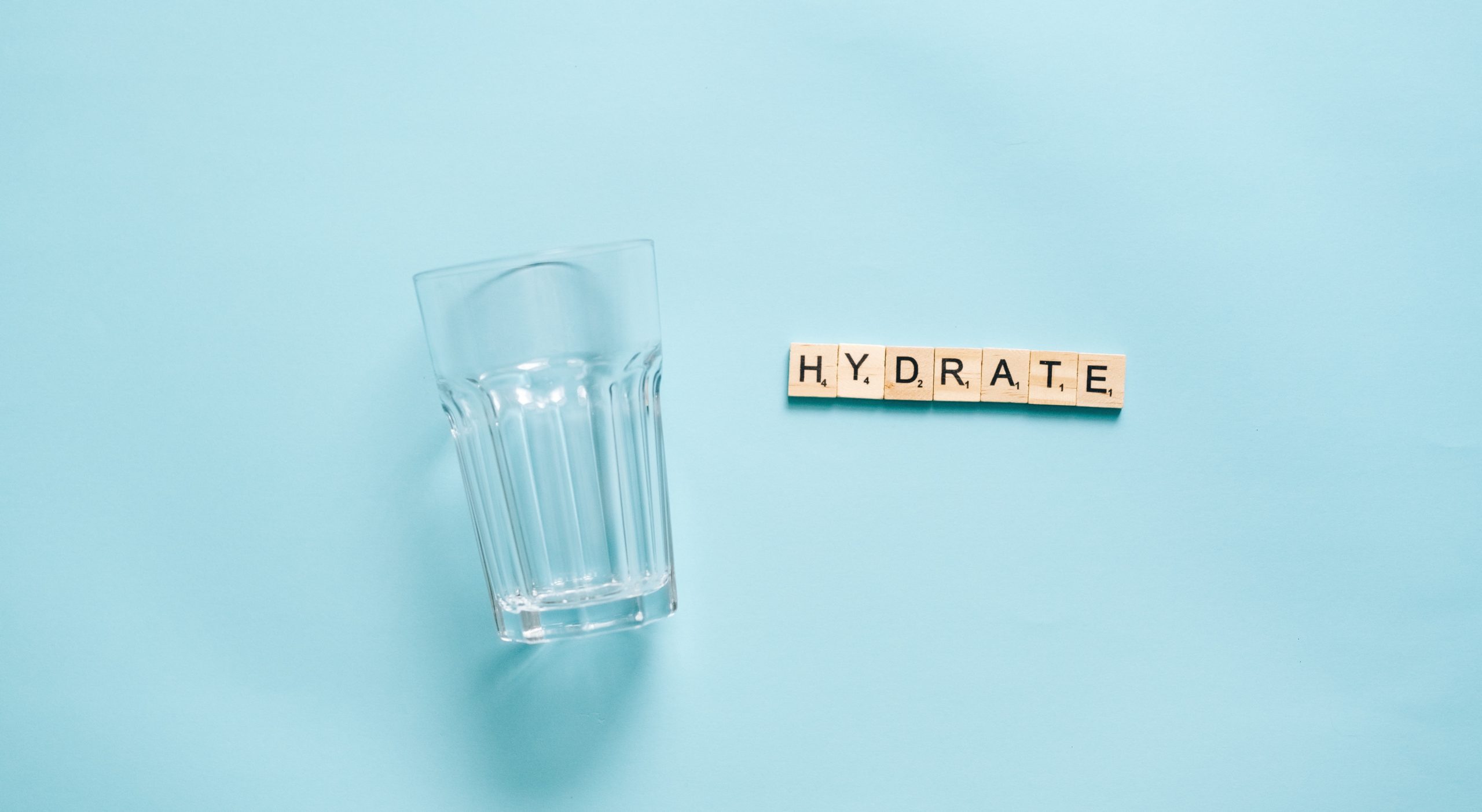Do you ever think about how much water you’re consuming a day?
How much water am I currently drinking? Am I drinking enough water to keep my body hydrated? How much water should I be drinking everyday? These are some very important questions to ask yourself when it comes to hydration and overall health.
All of these questions may sound easy to answer, but they are all unique to each individual. According to experts from recent studies, Males are recommended to drink about 15.5 cups (3.7 liters) of fluids a day and Women are recommended to drink 11.5 cups (2.7 liters) of fluids a day.
We have different needs, overall health, and many other factors that will determine how much water we should drink.
There is no singular formula that fits all. This is where one has to really know its own body to know what their body requires.
Water is essential to our survival and to our civilizations’ and we hope this critical role will sharpen our focus on water in human health.
Barry Popkin

How much water to drink a day?
The recommended adequate fluid intake is different for both males and females.
According to myoclinic.org:
Males are recommended to drink about 15.5 cups (3.7 liters) of fluids a day.
Women are recommended to drink 11.5 cups (2.7 liters) of fluids a day.
Keep in mind that these recommendations cover the fluids coming from water and other beverages and food intake.
These are only recommendations that can be altered to each individual. Not drinking enough or close to the recommended amount can lead to dehydration.
Definition of Dehydration
Dehydration: A condition in which your body does not have enough water to carry out it’s normal physiological functions.
This is a harmful reduction in the amount of water in the body
3 Stages of Dehydration h3
Stage 1: Mild, Approximately 2% of fluid loss
Stage 2: Moderate, Approximately 5% fluid loss
Stage 3: Severe, Approximately 10% fluid loss
Have you ever had muscle spasm? Or have you ever had dim vision to the point you’re almost about to pass out. Those are a few signs of a severe dehydration.

Why water is important
These are just a few examples of why water intake is important.
Proper Physiological Functions
Your body is made up of about 50-70% of water. Our bodies need water to assist in the proper function of our cells, tissues, and organs.
Waste Removal
Water helps get rid of waste through uniation, perspiration (sweating), and bowel movements. It also plays a role in keeping your overall body temperature.
Lubrication and Protection
Water is also what lubricates and cushions our joints. Lastly, water also protects our sensitive body tissues.

Factors that affect your water levels
There are many ways our body can lose fluids. For example; fevers, vomiting, and diarrhea can all lead to dehydration. Here are a few factors that will affect water excretions.
Exercise
For any activity that makes you sweat, you will need to drink extra fluids to make up for the fluid that was lost during that activity.
It is recommended to drink water before, during, and after a workout for proper hydration. During vigorous physical activity, you’re more likely to sweat especially when it’s in a higher temperature environment.
Overall Health
Depending on your current health condition, you might be required to increase or decrease your water intake.
Other conditions that require an increase in fluid intakes are and not limited to bladder infections and urinary tract infections.
Please consult your primary doctor and comply with your doctor’s water intake advice.
Pregnancy and Breast-Feeding
Mothers who are pregnant and or breast-feeding will require an increase in their water intake.
If you’re unsure about your water intake, ask your primary doctor to see what they recommend.
Environment
Some areas are more humid than others. High levels of humidity will make you sweat more. This increase in perspiration will require an increase in fluid intake to make up for the lost fluids through sweat.
Techniques I do to make sure I drink enough water daily
I always try to carry water with me wherever I go.
I avoid sugary drinks during meals, drink water before feeling thirst, and try to drink water first in the morning BEFORE my morning coffee.
If I know I’m going to be engaging in a vigorous workout later on the day, I’d drink more water to compensate with the water loss during my workout.
Last but not least, I always check the color of my urine to make sure I’m hydrated.
These are only a couple ways you can self assess to see if your body is properly hydrated.
These very small modifications to your daily lifestyle that will have a long term benefit in your overall health.







